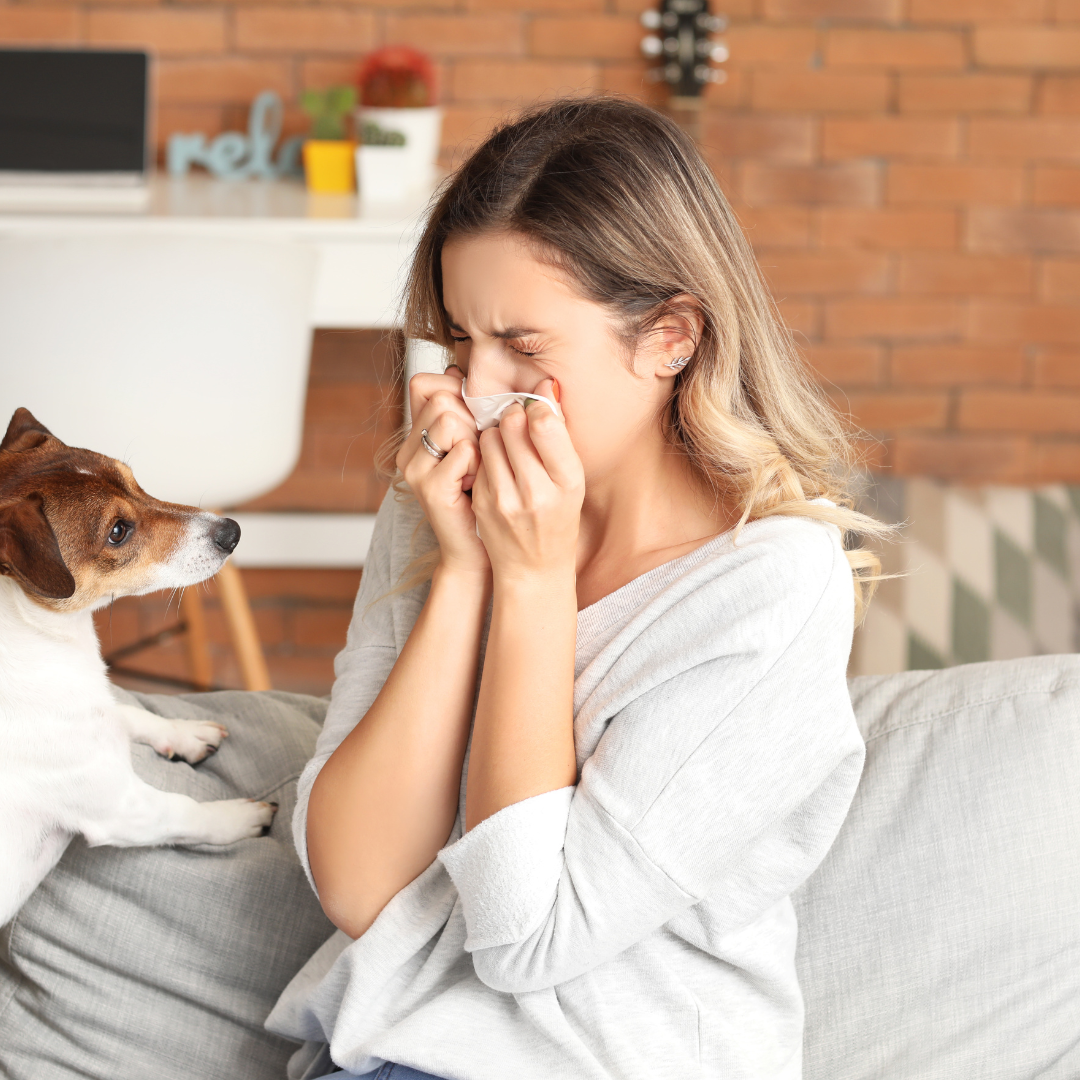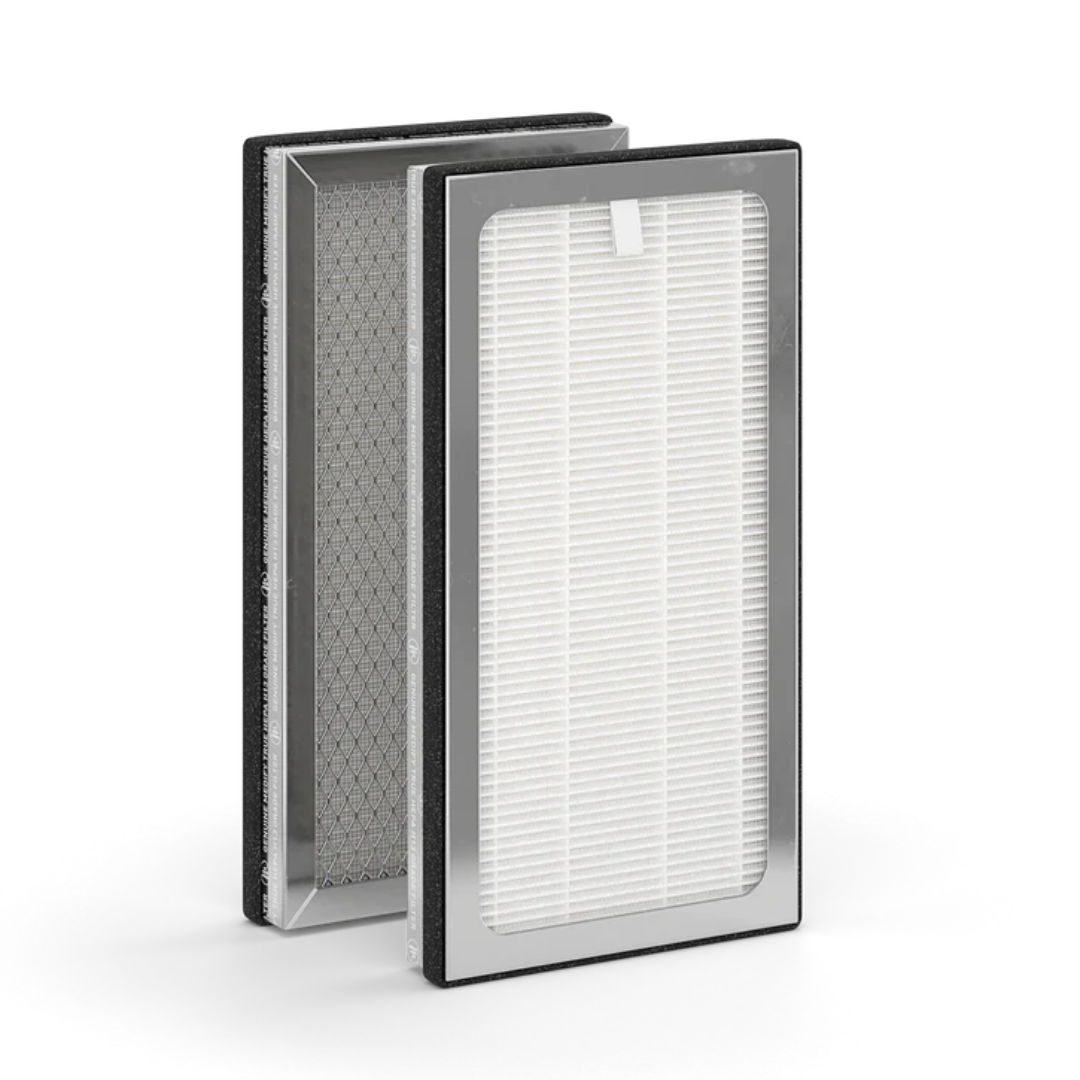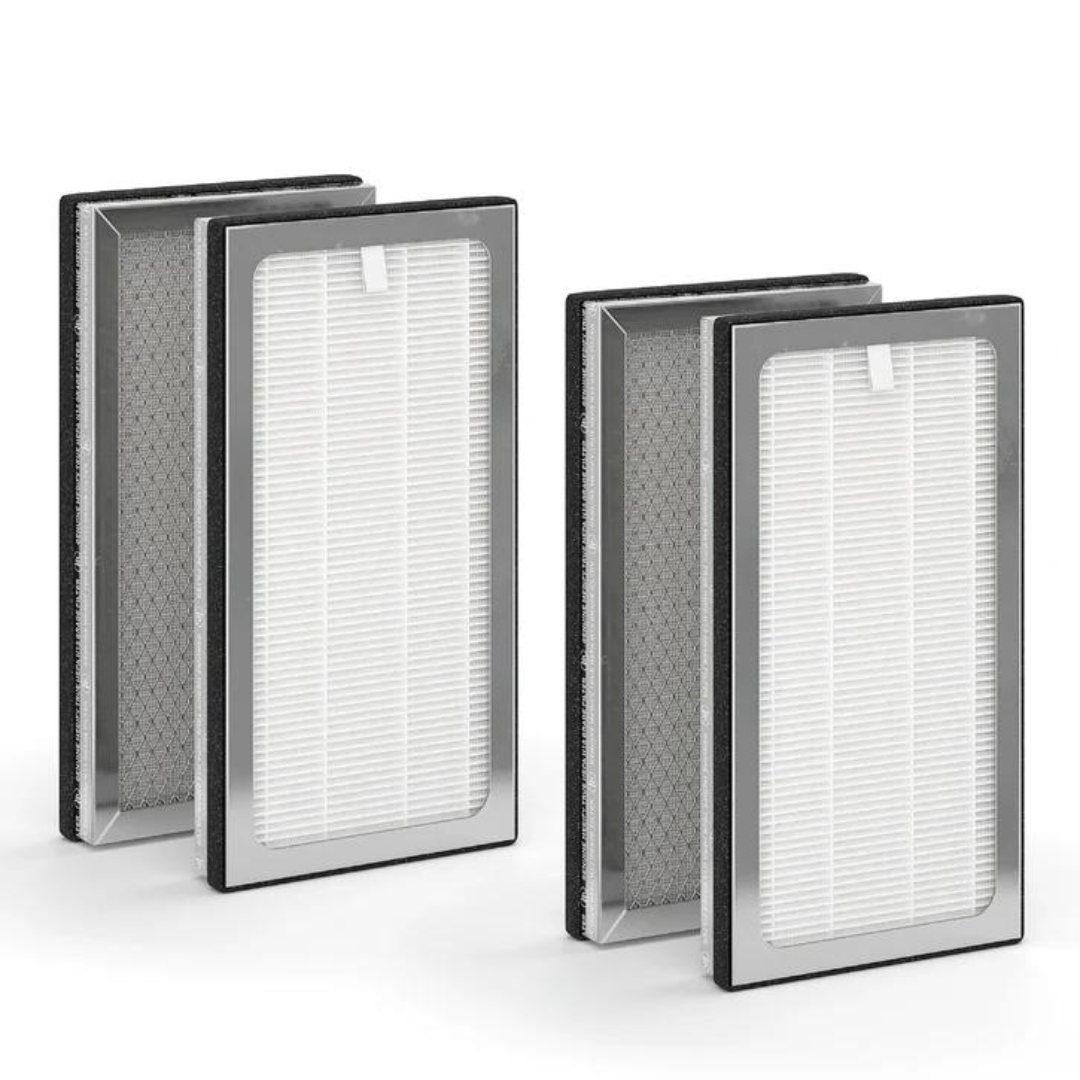Allergies can disrupt your sleep and make nights uncomfortable, often feeling more severe than during the day. Nighttime allergies are triggered by the same allergens as daytime allergies but can seem more intense due to the body's position and environment. Here’s a comprehensive guide to understanding and managing nighttime allergies to help you get a restful night’s sleep.
Causes of Nighttime Allergies
Nighttime allergies are often exacerbated by specific environmental factors. Key causes include:
- Dust Mites: These tiny creatures thrive in bedding and mattresses, releasing allergens into the air when disturbed.
- Pet Dander: Flakes of skin and fur from pets can become airborne and settle on bedding, pillows, and carpets.
- Pollen: Seasonal pollen can enter homes through open windows and settle on indoor surfaces.
- Mold: Moist environments promote mold growth, which can release spores into the air and trigger allergic reactions.
When lying down, nasal passages may become more congested, exacerbating allergy symptoms. Warm sleeping environments can also increase dust mites and mold growth, worsening nighttime allergies.
Symptoms of Nighttime Allergies
Symptoms of nighttime allergies can significantly impact your ability to sleep comfortably:
- Runny or Stuffy Nose: Inflammation and mucus production cause nasal congestion and discomfort.
- Sore Throat: Postnasal drip from a runny nose can lead to throat irritation.
- Difficulty Breathing: Swollen nasal passages can make it hard to breathe through the nose, leading to interrupted sleep.
Common Allergens That Trigger Nighttime Allergies
Common allergens affecting nighttime comfort include:
- Pet Dander: Small particles from pets that can become airborne and trigger symptoms.
- Dust Mites: Microscopic pests found in bedding and carpets that release allergens.
- Pollen: Seasonal allergen that can enter through open windows and settle indoors.
Tips for Managing Your Nighttime Allergy Symptoms
To alleviate nighttime allergy symptoms, consider these practical steps:
- Regular Cleaning: Vacuum carpets and furniture frequently to remove dust mites and allergens. Wash bedding in hot water weekly to kill dust mites.
- Air Purifiers: Utilize air purifiers equipped with HEPA filters to capture airborne allergens like pollen and pet dander. Models like the Medify MA-14, MA-15, MA-25, and MA-40 are designed to enhance air quality and reduce allergens effectively.
- Pet Management: Limit pet access to the bedroom to reduce dander exposure.
- Window Management: Keep windows closed during high pollen seasons.
- Moisture Control: Address any moisture issues in your home to prevent mold growth.
Consider additional measures such as cleaning ceiling fans to prevent dust circulation and adjusting sleeping positions to alleviate nasal congestion.
Lifestyle Changes to Help Alleviate Nighttime Allergies
Making certain lifestyle adjustments can further help manage nighttime allergies:
- Stress Reduction: Lower stress levels as they can worsen inflammation and allergy symptoms.
- Avoid Alcohol: Alcohol can irritate the throat and exacerbate symptoms.
- Pre-Bedtime Routine: Shower before bed to remove allergens from skin and hair.
For persistent issues, consult an allergist for specialized treatments like medications or immunotherapy.
Treatment Options for Nighttime Allergies
If lifestyle changes and basic management techniques aren’t enough, explore these treatment options:
- Medications: OTC antihistamines, decongestants, nasal sprays, and eye drops can help alleviate symptoms. Consult a doctor for stronger prescriptions if necessary.
- Air Purifiers: Invest in air purifiers with HEPA filters, like those offered by Medify Air, to reduce airborne allergens.
- Nasal Sprays: Use sparingly to clear mucus and ease breathing.
- Allergy Shots: For long-term relief, allergy shots can help reduce symptoms over time.
By addressing the causes and symptoms of nighttime allergies effectively, you can improve your sleep quality and overall well-being.



